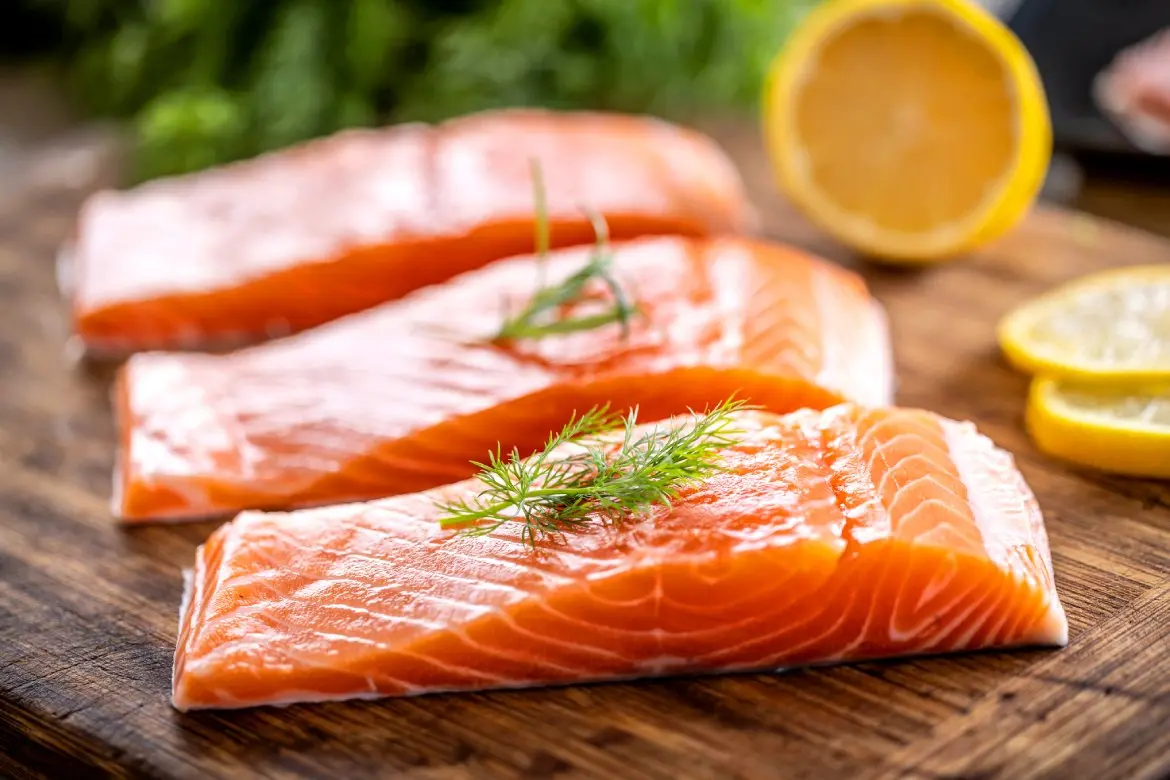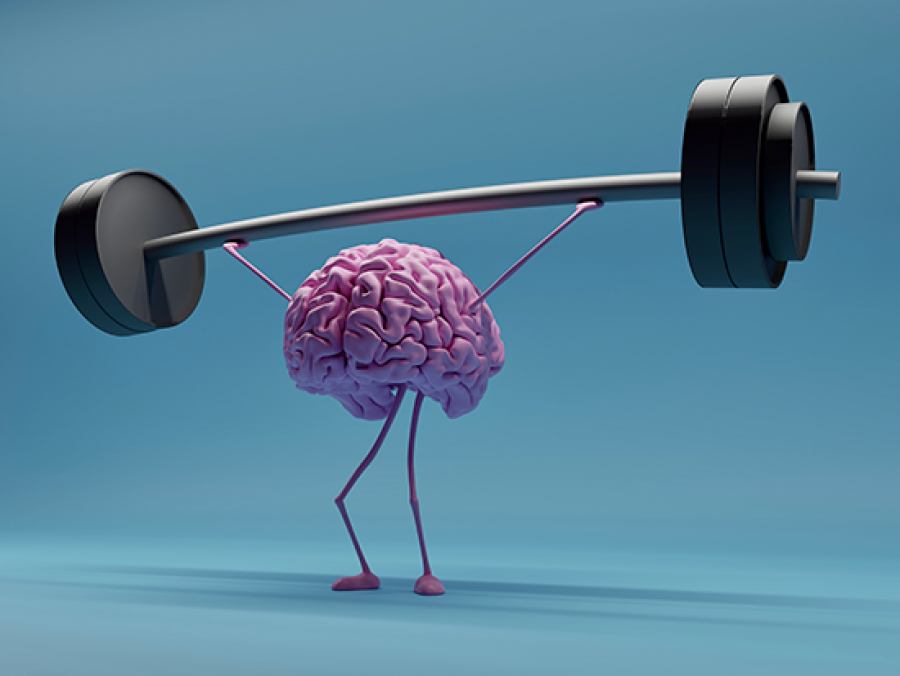Why Your Brain Needs Special Nutritional Support
Among all the organs in your body, the brain is an energy-intensive powerhouse. It governs our thoughts, learning, and actions, requiring a constant supply of energy and nutrients to function optimally. A healthy diet provides the vitamins and nutrients your brain needs—not just to build its cellular structure but also to keep the nervous system running smoothly. Without these vital components, brain performance can falter, potentially leading to memory decline or mood disturbances.
So, which nutrients are the brain’s best allies? Let’s dive in.
B Vitamins: The Brain’s Energy Engine
B vitamins, such as folic acid and B12, play a pivotal role in brain health. They assist in producing neurotransmitters and converting food into usable energy for the brain. Studies suggest that a deficiency in B vitamins may result in nerve damage, fatigue, memory lapses, or even depression. Incorporate leafy greens, whole grains, and lean meats into your meals to keep these levels up.
Vitamin E: A Shield for Cells
Known for its antioxidant properties, vitamin E safeguards brain cells from damage caused by natural metabolic processes. Insufficient intake might lead to muscle weakness, poor coordination, or sensory nerve issues. Foods like nuts, seeds, and avocados are rich in vitamin E, making them natural protectors for your brain.
Omega-3 Fatty Acids: Architects of the Nervous System
Omega-3 fatty acids are critical building blocks of brain cell membranes and essential for nervous system function. They’re particularly vital during childhood, influencing learning capabilities long-term. Deep-sea fish like salmon and mackerel, along with flaxseeds and walnuts, are excellent sources.
Antioxidants: Guardians Against Aging
Found in many fruits and vegetables, antioxidants reduce oxidative stress and inflammation in the brain, supporting memory retention. Blueberries and dark leafy greens stand out for their high antioxidant content.
Choline: The Messenger of Nerve Signals
Choline is an essential nutrient that supports nerve protection and neurotransmitter production. A shortage can impair memory. Egg yolks, liver, and legumes are ideal ways to boost your choline intake.
Scientific Dietary Patterns: A Blueprint for Brain Health
While no single food can transform your brain, a consistent dietary pattern can make a significant difference. Experts highlight several approaches renowned for their benefits to both brain and heart health:
- Mediterranean Diet: Focuses on olive oil, vegetables, fruits, nuts, and fish, prioritizing healthy fats and natural ingredients.
- DASH Diet: Designed to manage hypertension, it emphasizes low-sodium, high-fiber foods like whole grains and lean meats.
- MIND Diet: Blends the best of the above, targeting neurodegenerative disease prevention with a focus on berries and greens.
Though these diets may not fully prevent conditions like Alzheimer’s, they enhance cardiovascular health, which in turn reduces the risk of brain-related issues. Cutting back on alcohol, sugar, and processed foods further strengthens this protective effect.
Brain-Boosting “Superfoods” to Include
Beyond adopting a dietary pattern, certain foods stand out for their nutrient density and brain-supporting properties. Here’s a lineup of top picks:
Wild Salmon: An Omega-3 Powerhouse
Deep-sea fish like salmon are packed with omega-3 fatty acids, which lower heart disease risk and, by extension, safeguard the brain. While fish oil supplements remain debated, whole foods like mackerel, trout, and sardines deliver the goods best.

Flaxseeds and Chia Seeds: Plant-Based Nutrient Stars
These seeds offer both omega-3s and vitamin E. Walnuts, almonds, and other nuts also provide healthy fats.
Avocados: A Multi-Nutrient Fruit
Avocados supply vitamin E, vitamin C, and folate, with their healthy fats offering extra brain benefits.
Blueberries: Antioxidant Champions
Rich in flavonoids and antioxidants, blueberries enhance memory and combat inflammation.

Whole Grains: Steady Energy Providers
Brown rice, oats, and quinoa—loaded with carbs and fiber—fuel the brain while supporting heart health.
Lifestyle Boosts for Brain Wellness
Beyond diet, other habits can amplify your brain’s vitality:
- Steer Clear of Sugary, Fatty Foods: Excess sugar triggers brain fog and fatigue, with poor diets linked to accelerated brain aging.
- Limit or Quit Alcohol: While it may relax you temporarily, overconsumption can lead to depression and lasting brain damage.
- Stay Active: Regular exercise maintains a healthy weight and boosts mood-enhancing brain chemicals.
- Quit Smoking: Smoking harms the cardiovascular system, raising stroke risk—kicking the habit benefits your brain.
- Follow Medication Plans: Conditions like thyroid disease can affect the brain; sticking to prescribed treatments is key.
- Practice Mindfulness: Staying present sharpens focus and fosters mental well-being.
Conclusion: A Journey from Your Plate to Brain Vitality
Brain health isn’t the work of one food—it’s the sum of a balanced diet and mindful lifestyle. By ensuring key nutrients, embracing science-backed eating patterns, and adopting healthy habits, you can empower your brain for the long haul. Start at your plate today to pave the way for sharper thinking tomorrow!







:max_bytes(150000):strip_icc()/GettyImages-1403986369-1111b9c6e231455fb3665cc2e1f95469.jpg)


